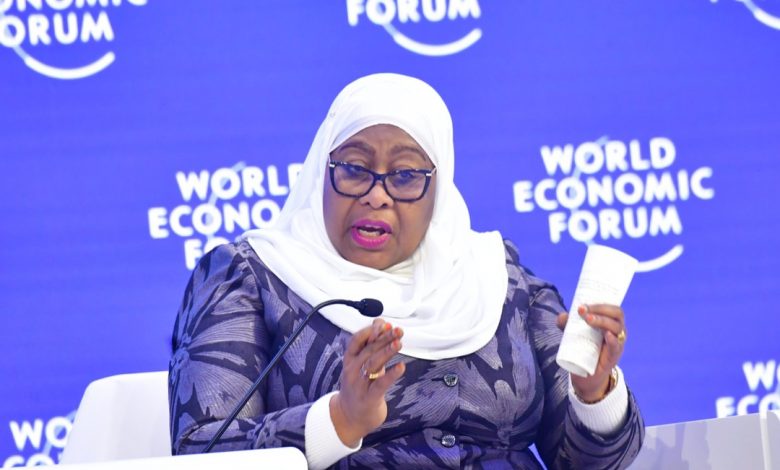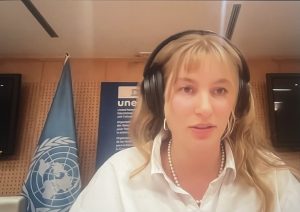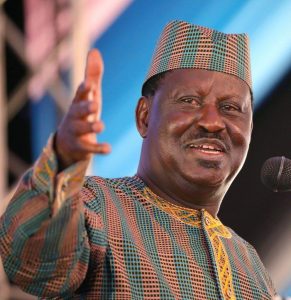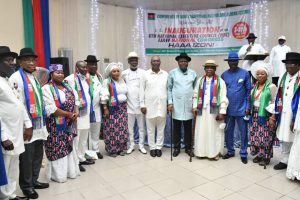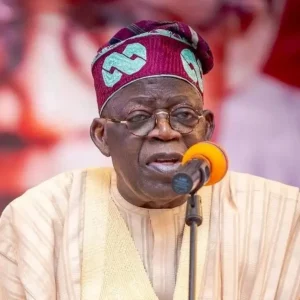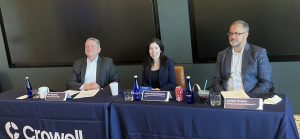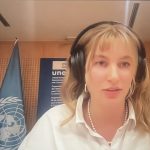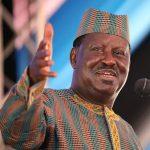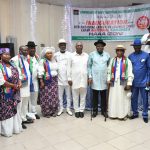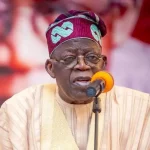By Seleman Yusuph Kitenge
Tanzania, like many countries around the world, has been facing significant economic challenges in recent years due to the global pandemic of COVID-19 and the ongoing Russia-Ukraine war which have created socio-economic shocks affecting the majority of the people in the country. With a rapidly growing population and a need to create more jobs and opportunities, it has become increasingly important for the country to find new and innovative ways to drive growth and prosperity that can take out of absolute poverty the 27% of the population as noted by the World Bank Tanzania Economic Update in 2021. However, it is also crucial to acknowledge the progress of poverty reduction efforts made in the country such as the National Strategy for Growth and Reduction of Poverty which has contributed to the poverty decline from 34% of the population in 2007 to 27% in 2021 as indicated by the World Bank.
Despite this, Tanzania must take further action to eliminate poverty and eradicate the existence of individuals who currently fall below the poverty line of 1.90 PPP$/day. President Samia Suluhu Hassan and her administration are committed to realizing this objective. One tool that is becoming increasingly important in this regard is economic diplomacy, which involves using diplomatic and economic leverage to build strategic relationships and secure mutual benefits in trade and investments.
In the past, many people have viewed diplomacy as being solely focused on political and security issues. However, in the modern world where countries are striving to build economic muscles and influence at global decision-making tables, economic diplomacy is becoming increasingly important as countries look to build partnerships and foster economic growth. This is particularly true for developing countries like Tanzania, which need to find ways to tap into global markets and attract investment in order to grow its economy and create more opportunities for the people in both rural and urban areas without segregation.
Tanzania can leverage economic diplomacy to enhance its relationships with key global and regional players, particularly nations that are major economic powers. This encompasses countries such as the United States, China, Russia, the United Kingdom, India, Germany, Japan, France, and Brazil. Additionally, Tanzania can capitalize on the opportunities presented by the African Continental Free Trade Area (AfCFTA) to promote intra-trade and gain economic benefits within the continent.
This can involve engaging in trade negotiations, working to establish bilateral investment agreements, and fostering economic cooperation on key issues such as infrastructure development, renewable energy, and education. By building these relationships and working together with other countries, Tanzania can leverage its diplomatic ties to secure mutually beneficial outcomes that will help to drive economic growth and create jobs and opportunities for the people, particularly youth.
Promoting the country’s economic interests abroad is a crucial aspect of economic diplomacy, which can be accomplished by utilizing diplomatic tools. This includes collaborating with local business communities, participating in trade fairs and exhibitions, and utilizing media outlets to showcase the country’s investment and business prospects. In this regard, the “Tanzania: The Royal Tour” documentary, produced by Emmy Award-winning journalist Peter Greenberg, serves as an effective tool for public diplomacy which is also essential for achieving economic diplomacy. The film showcases the diverse history, culture, environment, food, music, and hidden gems of Tanzania, as the President of Tanzania, Samia Suluhu Hassan, serves as the ultimate guide. However, to maximize its impact, it is crucial to translate the documentary into multiple languages and conduct coordinated efforts through diplomatic missions abroad to maintain its relevance. By doing so, Tanzania can raise awareness of its potential as a key economic partner, attract investment, promote tourism, and create new business opportunities.
Of course, economic diplomacy is not just about attracting investment and tourists from other countries. It is also about using the country’s economic strength and expertise to help others. For example, Tanzania has a wealth of experience in agriculture and rural development, and it can use this knowledge and expertise to help other countries in the region grow their economies and create more opportunities for their people. This can be particularly important in helping to address poverty and inequality in the region, which are major challenges that will require the collective efforts of many countries to overcome in order to achieve the ambitious continental development framework of Agenda 2063.
In conclusion, economic diplomacy is becoming increasingly important as a tool for driving economic growth and creating opportunities in Tanzania. By building strong relationships with other countries, promoting the country’s economic interests abroad, and leveraging its expertise and resources to help others as it did during the times of liberation struggles for independence, Tanzania can help to unlock its full economic potential and set itself on a path to prosperity. It is time for the country to embrace economic diplomacy and use it to create a brighter future for its people. As president Samia said during her visit to the United Arab Emirates,” Tanzania is ready to take off.” However, without deliberate efforts from her administration to support her vision and utilize various economic diplomacy tools, the country’s path to prosperity will be in limbo.
Seleman Yusuph Kitenge is the Project Assistant Knowledge Capitalization, African Union Development Agency/ NEPAD, Midrand,South Africa

